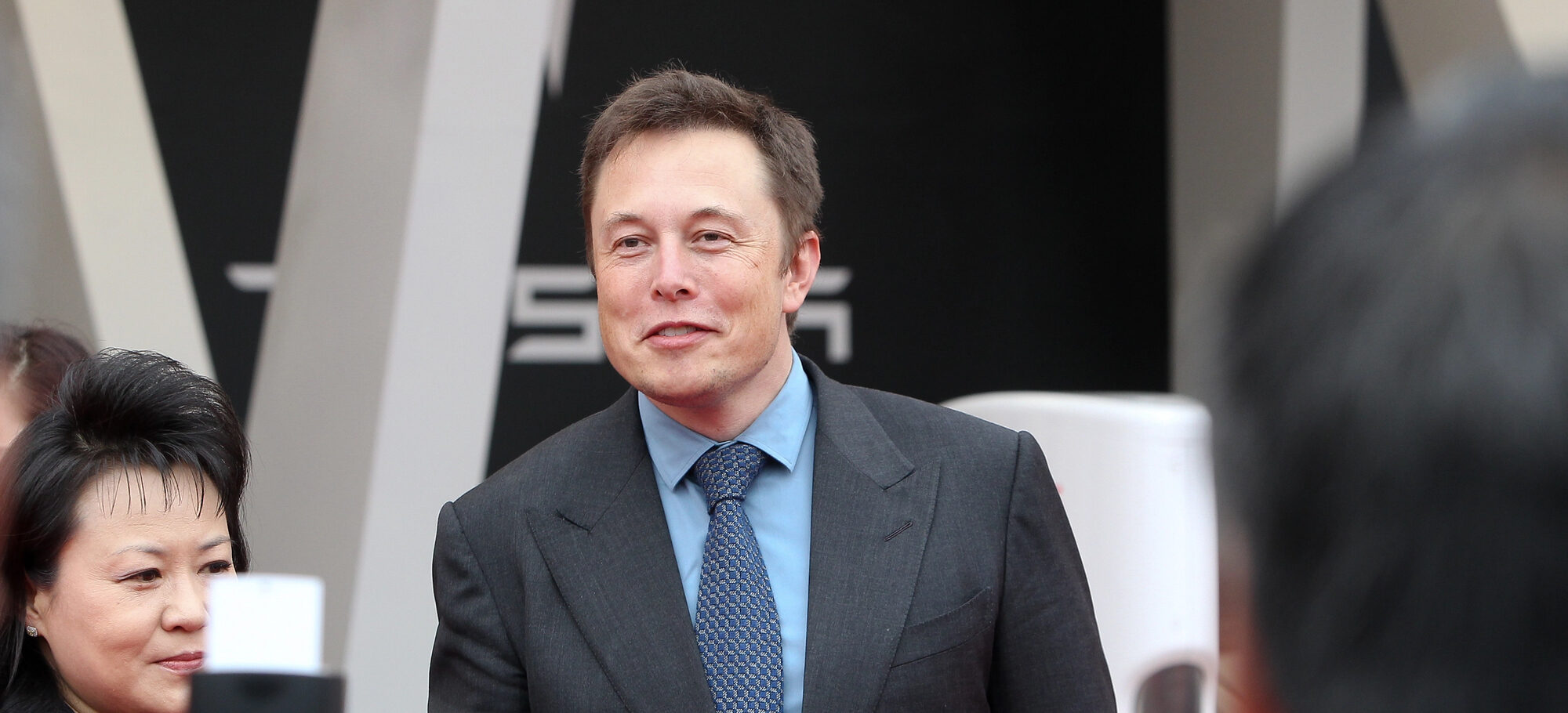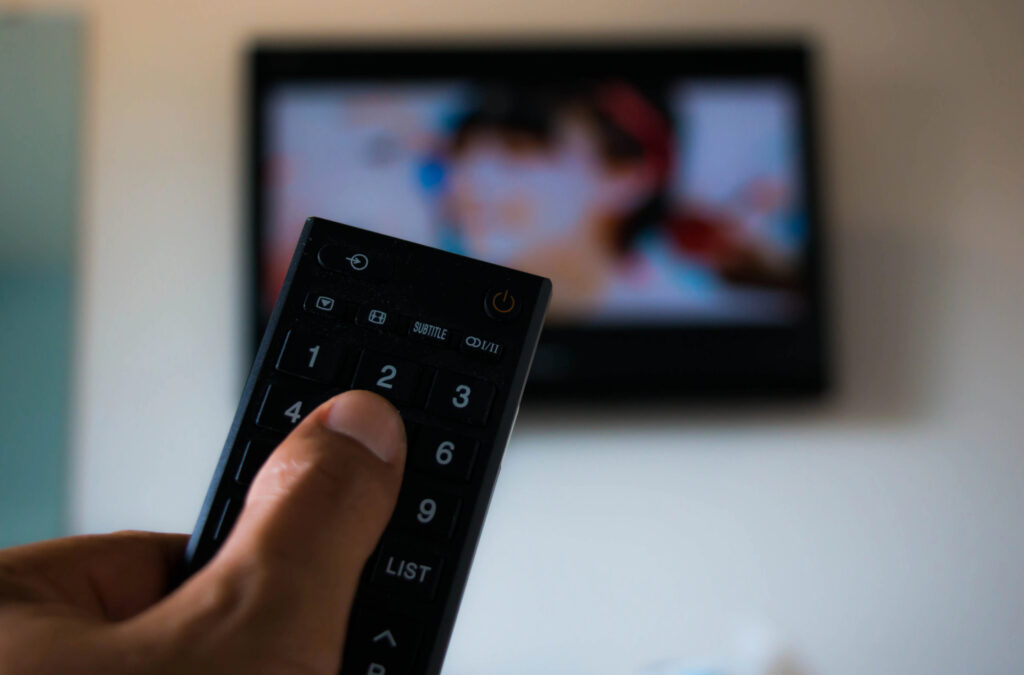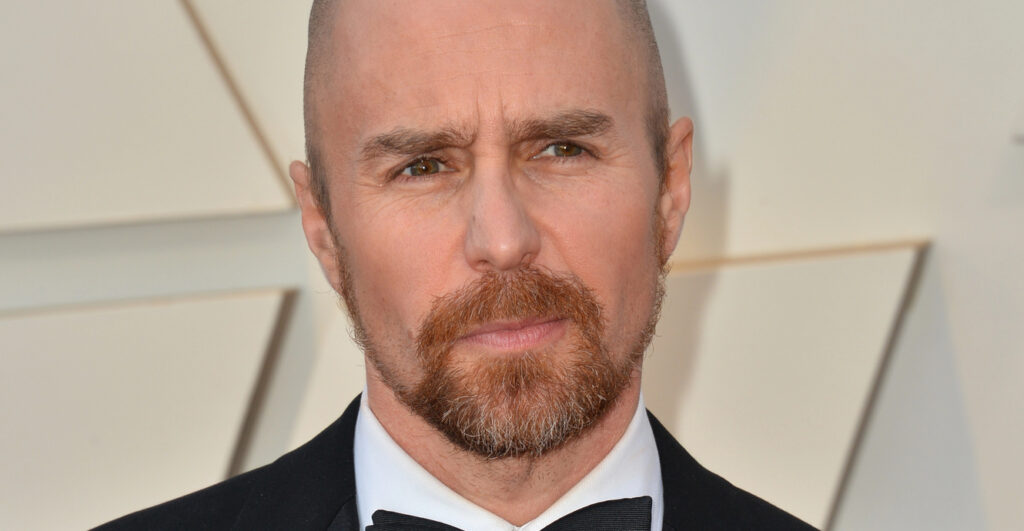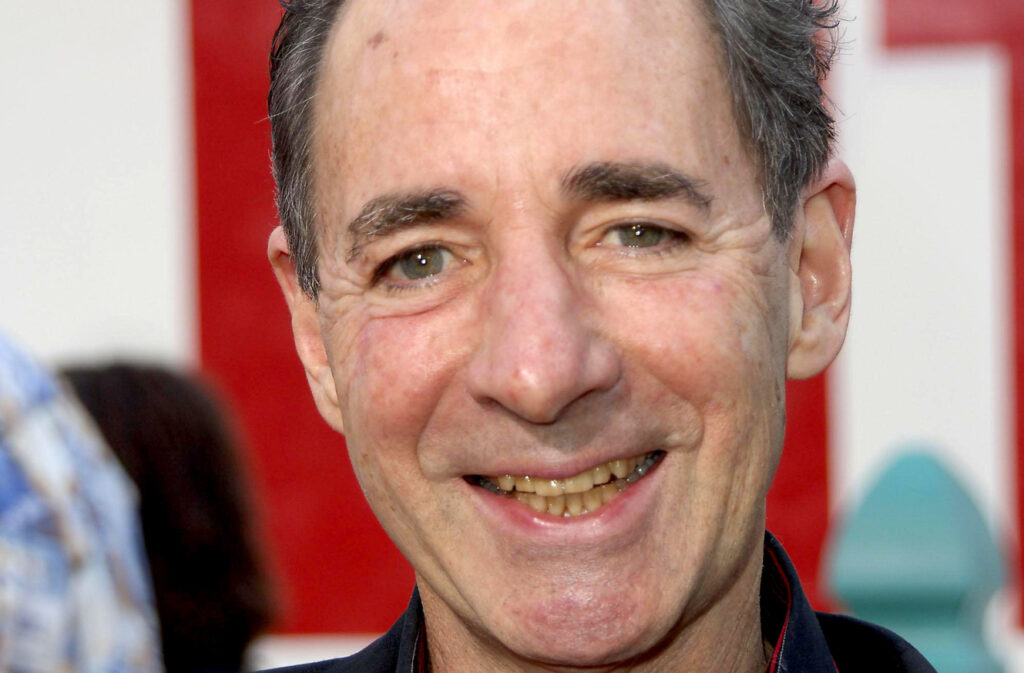Elon Musk vs. Sam Altman – Who Will Come Out on Top?

Elon Musk vs. Sam Altman – Who Will Come Out on Top?
The clash between Elon Musk and Sam Altman isn’t just a Silicon Valley spat; it’s a battle for the soul of artificial intelligence and potentially the future of humanity. This rivalry, steeped in accusations, lawsuits, and competing visions, has escalated to a point where the stakes couldn’t be higher. With Musk’s recent failed takeover bid for OpenAI, the question remains: who will ultimately prevail in this high-stakes game of AI dominance?
The Genesis of a Rivalry
The seeds of this conflict were sown years ago, rooted in Musk’s deep-seated concerns about the existential threat posed by uncontrolled AI. His early involvement with OpenAI, intended as a non-profit bulwark against Google’s AI ambitions, soured as the organization shifted towards a for-profit model backed by Microsoft. This divergence in philosophy ignited a simmering feud that has now erupted into open warfare. Musk alleges OpenAI betrayed its original mission, prioritizing profit over safety, while Altman maintains the shift was necessary to secure the resources needed to advance AI research.
Competing Visions for the Future of AI
The two tech titans hold starkly different views on the path forward for AI. Musk champions a cautious approach, emphasizing the need for robust safety measures and ethical considerations. He sees unchecked AI development as a potential catalyst for human extinction, a fear stemming from conversations with AI pioneers like Demis Hassabis. Altman, on the other hand, appears more focused on rapid advancement and commercialization. While acknowledging the potential risks, he argues that the benefits of AI outweigh the dangers, and that OpenAI’s for-profit structure allows them to compete effectively and ultimately steer the technology in a positive direction.
Visit 22bet21.com to see who has been given odds of 1.343/1 or 74.50% for emerging victorious.
The Battle Lines are Drawn
The rivalry has intensified with the launch of Musk’s xAI and its Grok-3 chatbot, a direct competitor to OpenAI’s ChatGPT. Musk touts Grok-3’s “truth-seeking” capabilities and integration with X (formerly Twitter), while critics point to its relaxed safety guardrails and potential for misuse. Meanwhile, OpenAI continues to refine ChatGPT and explore advanced research capabilities, fueled by billions in investment from Microsoft. The competition has spurred a rapid escalation in AI capabilities, with both companies vying for dominance in the burgeoning field of large language models.
The Takeover Bid and Its Aftermath
Musk’s audacious $97.4 billion bid to acquire OpenAI, swiftly rejected by Altman and the board, represents a dramatic escalation in the conflict. While the offer was framed as a way to return OpenAI to its non-profit roots, it was widely seen as a hostile takeover attempt aimed at disrupting OpenAI’s progress and potentially acquiring its valuable technology. The rejection underscores Altman’s firm control over OpenAI and his commitment to the current for-profit model. The failed bid also highlights the immense financial value now attributed to leading AI companies, with valuations reaching into the hundreds of billions of dollars.
Who Will Win the Battle?
The outcome of this clash remains uncertain. Musk, with his vast wealth and influence, possesses the resources to continue challenging OpenAI’s dominance. He can further develop xAI, invest in competing ventures, and leverage his platform on X to shape public perception of AI. Altman, backed by Microsoft’s deep pockets and OpenAI’s established position in the market, is well-positioned to maintain his lead. The future likely hinges on factors such as the public’s appetite for AI, the development of effective safety regulations, and the ultimate success of each company’s respective AI models. One thing is clear: the battle between Musk and Altman will have profound implications for the future of artificial intelligence and its impact on society. It’s a contest not just between two powerful individuals, but between competing visions of the future.





